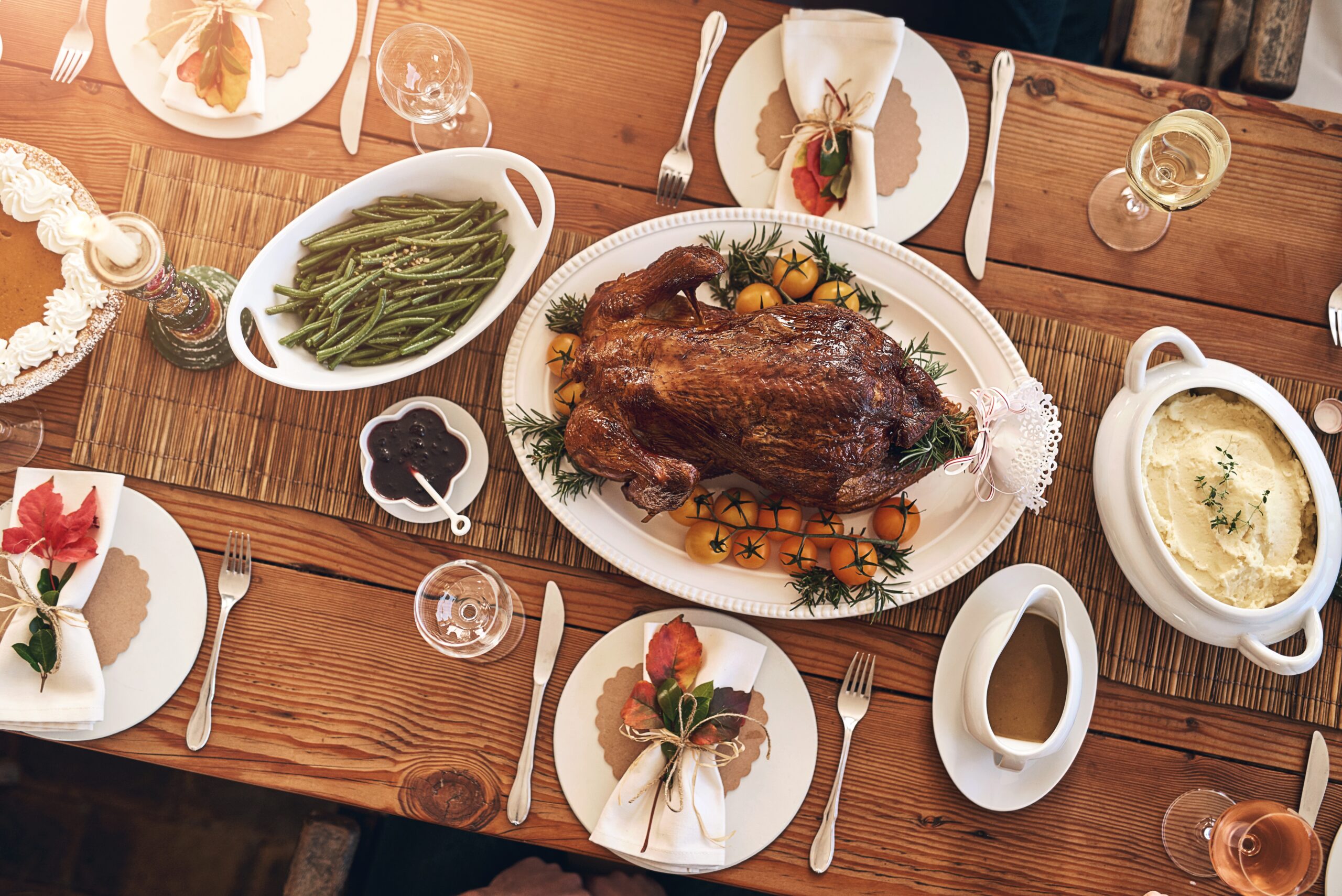Nobody wants a foodborne illness for the holidays. But with so many meals with friends and family plus winter events all on the menu this season, how can you lower your risk for the ick?
Members of Hamilton County Public Health’s environmental health team, which inspects and advises restaurants and groceries throughout the county, say that many of the processes that keep restaurant diners safe also can work at home when you’re gathering with loved ones for a holiday meal.
How do you avoid foodborne illness?
“There definitely are things to consider at home, such as food temperature, serving time, cross-contamination and storage” says Jeremy Hessel, director of environmental health. “Also, never underestimate the power of a clean, sanitized kitchen. Cleaning as you prepare and serve your meal instead of waiting until later can help prevent bacteria from contaminating different foods and surfaces, reducing the risk of illness.”
Foodborne illness can occur when you consume bacteria or viruses in contaminated food, including in raw or undercooked meat. Eating these foods as well as items touched by unwashed hands could lead to uncomfortable diarrhea, cramps and vomiting – or in the worst cases, even a trip to the hospital.
“One of the best things you can do to ward off foodborne illness – no matter if you’re in the kitchen or you’re a guest – is to wash your hands, countertops and cooking tools frequently,” says Tucker Stone, supervisor in the environmental health division.
Need tips for holiday food preparation and storage? Keep reading!
How do you avoid getting sick during the holidays?
Outside of foodborne illnesses, there are other things to watch out for as you gather, including contagious respiratory illnesses like the flu. Most health experts agree that washing your hands frequently and thoroughly with warm water and soap can help keep germs at bay — especially when mingling with others, when visiting a holiday market or other large event, after coughing or sneezing, and before handling food.
To keep viruses and germs from spreading, regularly clean and disinfect surfaces that are frequently touched, such as countertops, doorknobs and light switches. Circulate fresh air by opening windows, running an air purifier or moving the party outside in good weather. And do what your grandmother may have recommended — fully cover your mouth when coughing or sneezing.
And if you’re really not feeling well, stay home and avoid preparing food for others until symptoms fully resolve.
Tips for preparing and eating food during holiday meals:
-
Cook turkey to an internal temperature of at least 165°F deep in the thigh or deep in the breast for other poultry on the bone. If your stuffing is inside the turkey, cook until the center of the stuffing reaches 165°F. Use an instant-read food thermometer for accuracy.
-
Avoid cross-contamination and clean as you go, using a solution of one cap of bleach to one gallon of water on surfaces touched by meat or poultry.
-
Most foods can be served buffet style at home for up to two hours. After that, items should be either properly packed for the refrigerator/freezer or discarded. Allow foods to cool to room temperature first, and avoid overpacking the refrigerator so that air can circulate around the food. Eat leftovers within seven days of cooking.
-
As a guest in someone’s home, at a restaurant or when picking up foods at a holiday market, watch for proper food handling and ensure that foods are appropriately hot or cold.
-
When dining at a restaurant, pay special attention to the buffet. Make sure that employees frequently stir foods to avoid a skim layer from forming, look for the use of separate cutting boards for different types of food preparation, and check that raw foods are properly swapped out in a timely manner.
-
When purchasing food gifts or light snacks at a holiday market, baked goods generally are low-risk options. For prepared foods, look for pre-packaged, sealed items instead of exposed foods.

